info@vivavel.com
+919818262686
+919818262686
 info@vivavel.com
info@vivavel.com +919818262686
+919818262686ACL (Anterior Cruciate Ligament) reconstruction surgery (also known as Knee Surgery) is a widely performed orthopedic procedure that aims to replace a torn ACL—a critical ligament that stabilizes the knee joint during movement. Injuries to the ACL are especially common among athletes involved in high-intensity sports such as basketball, football, skiing, and soccer, where sudden stops, jumps, or directional changes are frequent.
When the ACL is completely torn and conservative treatment fails to restore stability, ACL reconstruction becomes the standard of care. The procedure involves removing the damaged ligament and replacing it with a graft, usually taken from the patient’s own hamstring, quadriceps, or patellar tendon (autograft), or in some cases, from a donor (allograft).
The surgery is typically performed using arthroscopic (minimally invasive) techniques, resulting in smaller incisions, faster healing, and less post-operative discomfort. Following surgery, patients begin a structured rehabilitation program that focuses on restoring knee function, strength, and stability. This includes gradual progressions—from controlled range-of-motion exercises to high-level strength and sports-specific drills. Recovery timelines vary, but most patients can return to full physical activity or sports within 6–12 months.
Thanks to modern techniques and enhanced recovery protocols, success rates for ACL reconstruction are very high. However, commitment to physiotherapy is essential for optimal results.
Countries like India, Thailand, Turkey, and Germany have become preferred destinations for ACL reconstruction surgery abroad, offering a blend of world-class care, advanced surgical technology, and affordable pricing for international patients. In particular, India is emerging as a global leader in orthopedic care, with hospitals equipped for complex procedures and English-speaking, internationally trained surgeons.
This combination of clinical excellence and cost-effectiveness makes ACL reconstruction a popular option for medical tourists seeking knee surgery overseas.
Recognizing the symptoms of an ACL tear early can help ensure proper diagnosis and treatment:
Popping Sound: Many patients report hearing a loud “pop” in the knee at the time of injury.
Pain & Swelling: Immediate pain followed by swelling within hours is typical.
Instability: The knee may feel like it could “give way” during movement, especially when turning or pivoting.
Reduced Range of Motion: Difficulty in fully straightening or bending the knee.
Tenderness: The joint line may feel sore to the touch, especially along the inner or outer side of the knee.

ACL injuries are often the result of sudden, forceful movements or direct trauma to the knee. Common causes include:
Sudden Twisting or Pivoting: Abrupt changes in direction with the foot planted—common in sports like basketball or football—can overstretch the ligament.
Direct Impact or Collision: A sudden blow to the knee, often during contact sports or falls, can rupture the ACL.
Awkward Jump Landings: Landing improperly from a jump places intense strain on the knee, particularly if form or muscle balance is poor.
High-Risk Sports Activities: Sports such as soccer, skiing, basketball, and gymnastics involve movements that frequently lead to ACL injuries.
Overuse & Muscle Fatigue: Repeated stress without proper recovery weakens joint stability and increases risk.
Improper Technique or Biomechanics: Poor posture or weak core/hip muscles can lead to incorrect movement patterns, increasing strain on the knee.
It’s important to consult a healthcare provider as soon as possible if you suspect an ACL tear or knee ligament injury. Seek medical attention if you experience:
Severe Knee Pain or Swelling: Especially if swelling appears within the first 24–48 hours after the injury.
A “Popping” Sensation at the Time of Injury: Often a hallmark sign of a torn ligament.
Knee Instability or Buckling: If your knee feels like it might “give out” during walking or standing.
Limited Range of Motion: Difficulty in bending or straightening the knee fully.
Inability to Bear Weight: Struggling to walk or stand without support.
Your doctor will likely conduct a physical exam and recommend imaging tests such as an MRI to determine the extent of ligament damage. Early diagnosis is key to planning a successful ACL reconstruction surgery, especially for international patients exploring options through medical tourism in India or other top destinations.
Doctors typically use a combination of physical assessments and imaging techniques to confirm an ACL tear and assess the extent of knee ligament damage. Accurate diagnosis is critical, especially for patients considering ACL reconstruction surgery.
Here are the standard diagnostic steps:
Physical Examination: Your orthopedic specialist will evaluate knee swelling, range of motion, and perform special tests such as the Lachman test, anterior drawer test, and pivot shift test to assess ligament stability.
MRI Scan (Magnetic Resonance Imaging): This high-resolution imaging test provides a clear view of soft tissue, helping confirm a partial or complete ACL tear and detect other associated injuries like meniscus tears.
X-rays: While X-rays don’t show ligaments, they help rule out bone fractures or structural abnormalities around the knee joint.
Arthroscopy: In select cases, doctors may use minimally invasive arthroscopic surgery to look directly inside the joint. It can diagnose and sometimes treat minor injuries during the same procedure.
Ultrasound (occasionally used): Though less common, it can help visualize joint fluid or inflammation in acute settings.
Accurate diagnosis ensures the right treatment and helps patients plan for cost-effective ACL surgery in India, Thailand, or Turkey with confidence in the medical process.
Following ACL reconstruction surgery, proper post-operative care is essential for a full and lasting recovery. Adhering to the right practices minimizes complications and speeds up your return to an active lifestyle.
✅ Do’s (Recommended Practices)
Follow Your Rehabilitation Program: Stick to your prescribed physical therapy schedule. It improves strength, flexibility, and joint stability.
Use Knee Support: Wear a knee brace or compression sleeve as recommended, especially during early recovery or while walking.
Maintain a Nutritious Diet: Eat a protein-rich and anti-inflammatory diet to support muscle healing and tissue repair.
Ice and Elevate the Knee: Regular icing reduces post-surgical swelling and discomfort.
Keep Follow-Up Appointments: Attend scheduled visits to monitor recovery and adjust treatment if needed.
❌ Don’ts (Avoid These Mistakes)
Don’t Resume Sports Too Early: Avoid high-impact activities like running, jumping, or twisting until your doctor clears you.
Don’t Skip Rehab Sessions: Missing physiotherapy can delay recovery and increase the risk of reinjury.
Don’t Ignore Pain or Swelling: Ongoing discomfort may indicate complications such as infection or graft failure—consult your orthopedic surgeon promptly.
Don’t Put Excessive Weight on the Knee: Especially in the early stages, follow weight-bearing restrictions to prevent strain on the new ligament.
Don’t Self-Medicate Without Advice: Only use prescribed medication or supplements approved by your doctor.

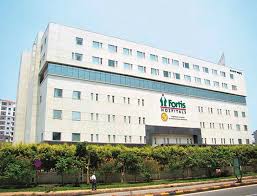



![]() 154/9, Bannerghatta Road, Opposite IIM B, Bilekahalli, Bengaluru, Karnataka – 560076, India
154/9, Bannerghatta Road, Opposite IIM B, Bilekahalli, Bengaluru, Karnataka – 560076, India
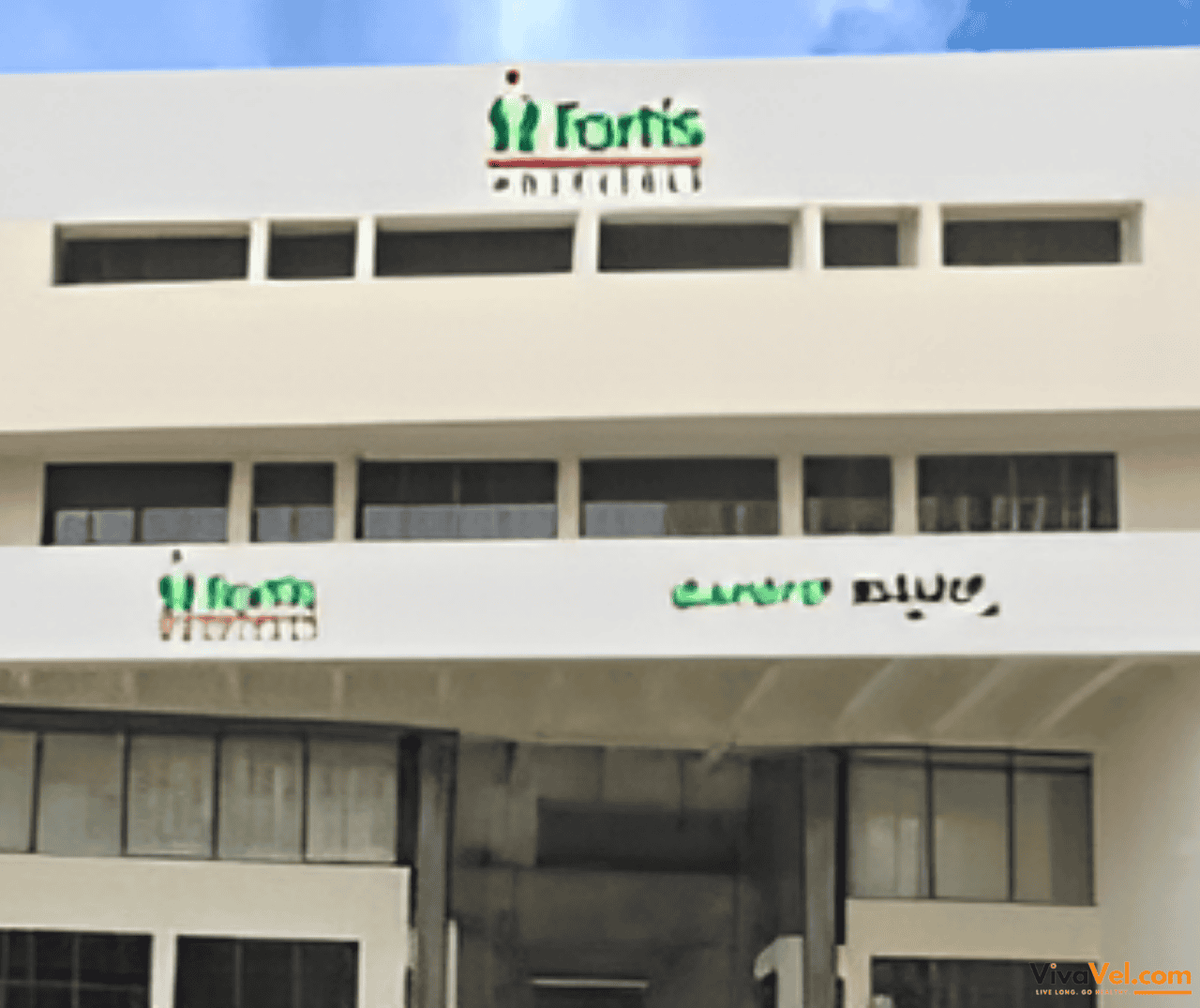


![]() No. 14, Cunningham Road, Bengaluru – 560052, Karnataka, India
No. 14, Cunningham Road, Bengaluru – 560052, Karnataka, India
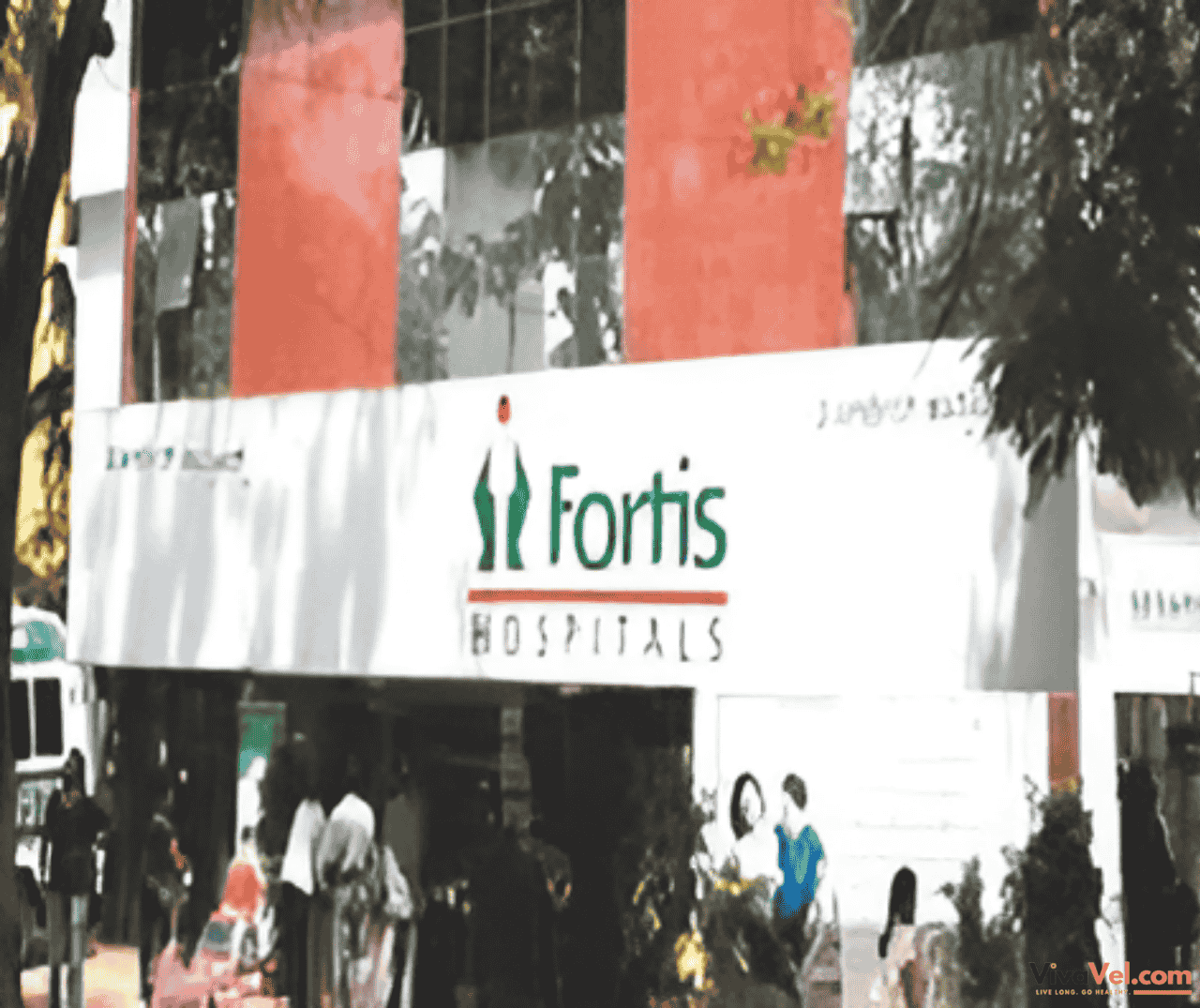

![]() Fortis Hospital, 111, 6th Main Road, Rajajinagar, Bengaluru – 560010, Karnataka, India
Fortis Hospital, 111, 6th Main Road, Rajajinagar, Bengaluru – 560010, Karnataka, India
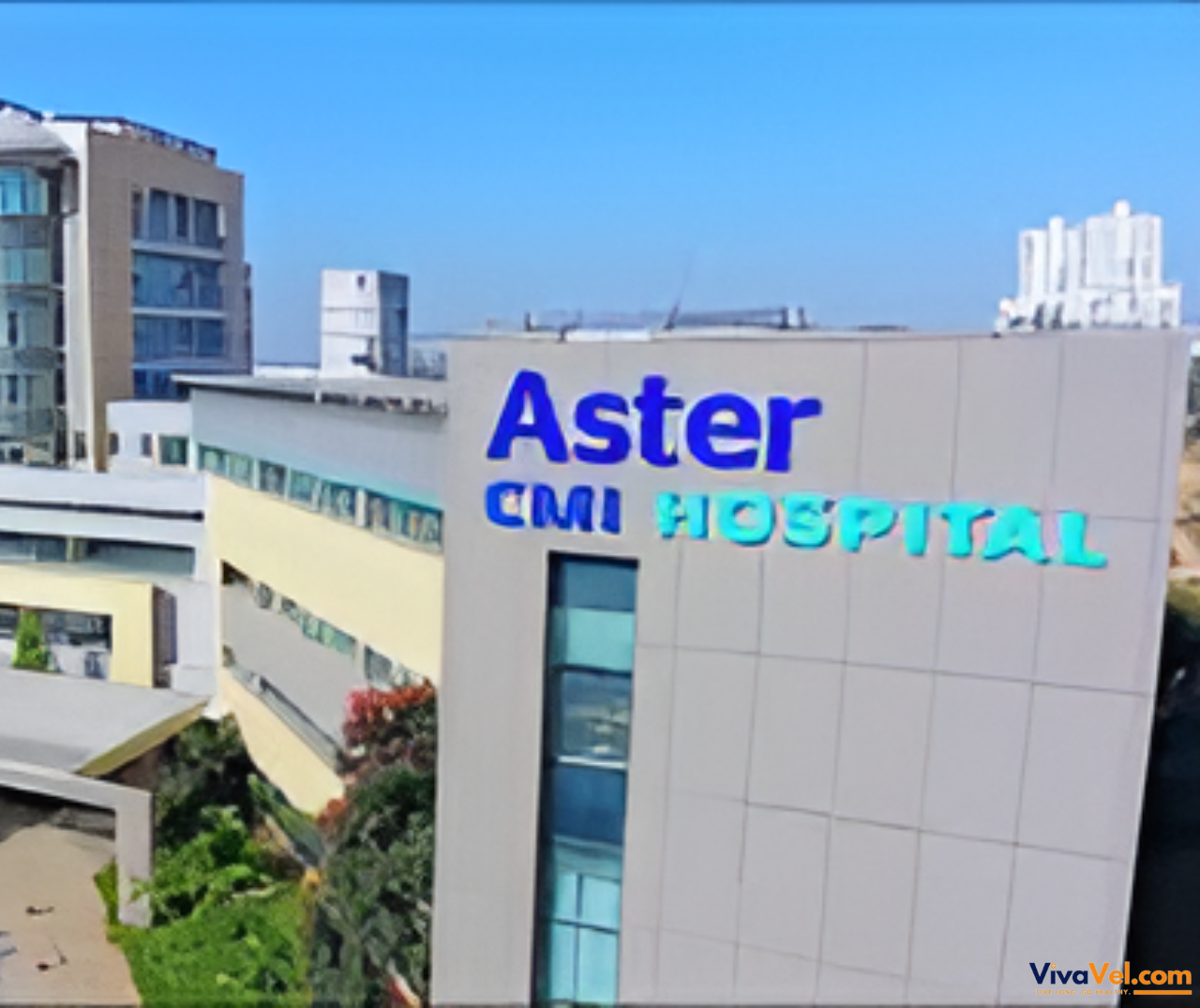


![]() No. 43/2, New Airport Road (NH 44), Sahakar Nagar, Hebbal, Bengaluru, Karnataka 560092, India
No. 43/2, New Airport Road (NH 44), Sahakar Nagar, Hebbal, Bengaluru, Karnataka 560092, India

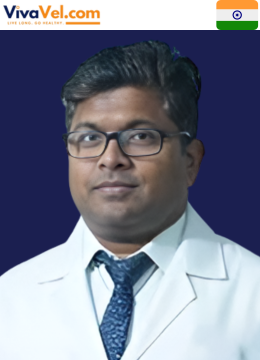
Dr. Rakesh Kumar is an esteemed Orthopaedic and Joint Replacement Specialist with over 19 years of extensive experience in the field. With more than 13 years dedicate...

Dr. Yuvraj Kumar has vast experience in joint replacement and spine surgery. He specializes in treating conditions related to the musculoskeletal system, including disorders ...
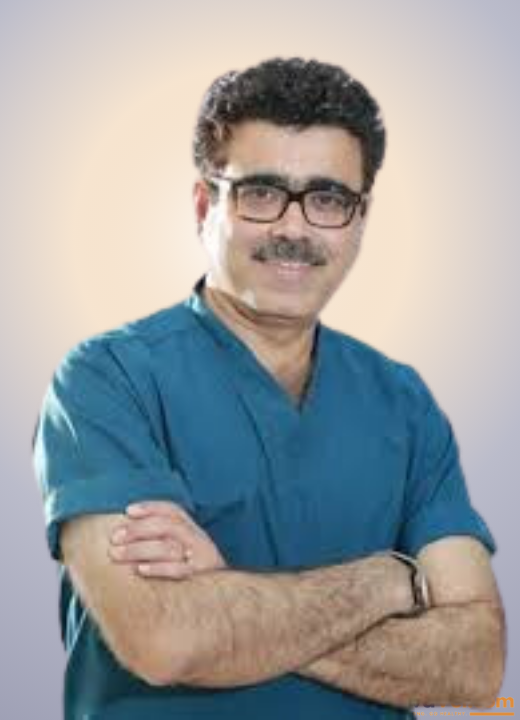
Dr. Vikash Kapoor is a distinguished Senior Consultant Orthopedic Surgeon with an extensive track record of over 8,000 successful orthopedic procedures. He serves as ...
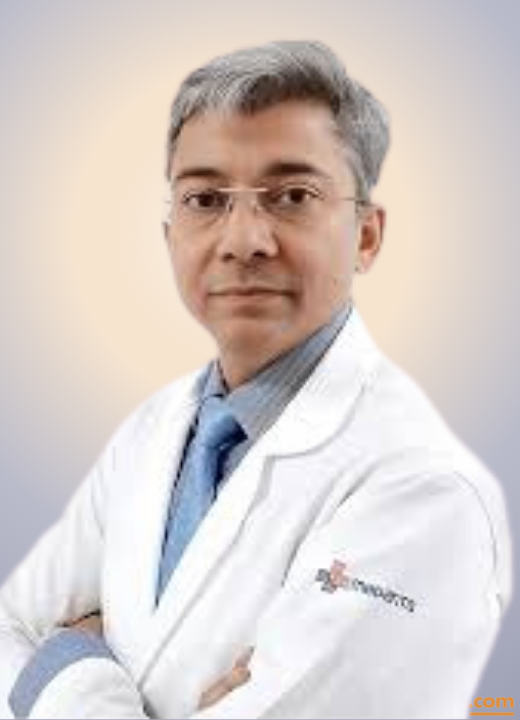
Dr. Saif Nabi Shah is a highly skilled Orthopedic and Joint Replacement Surgeon with 17 years of experience in the field. He specializes in complex intra-articular is...
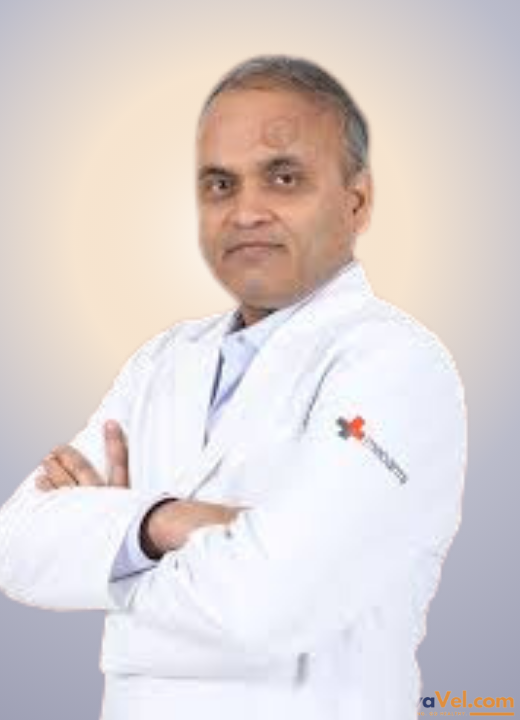
Dr. Dharmendra Singh is a highly skilled orthopedic surgeon and Director of the Institute of Musculoskeletal Disorders and Orthopedics at Medanta Lucknow. Before his ...
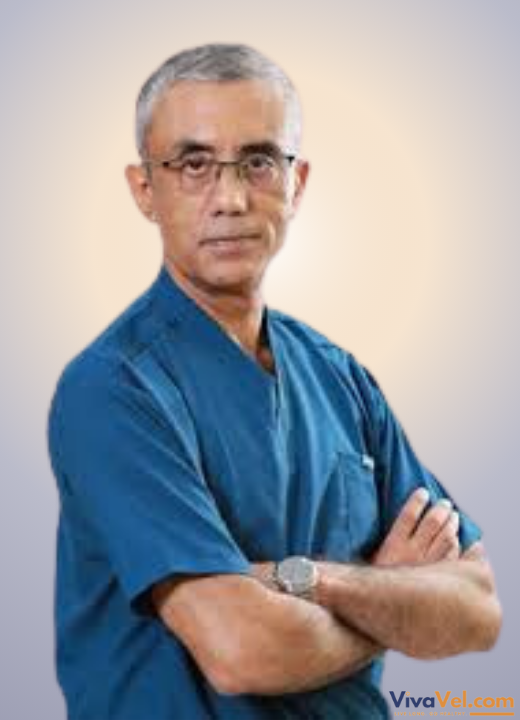
Dr. Rajiv Chatterjee is a distinguished Orthopedic Surgeon with over 32 years of experience practicing in Kolkata. He specializes in various surgical procedures,...
Treatment Plan & Cost within 2 days
